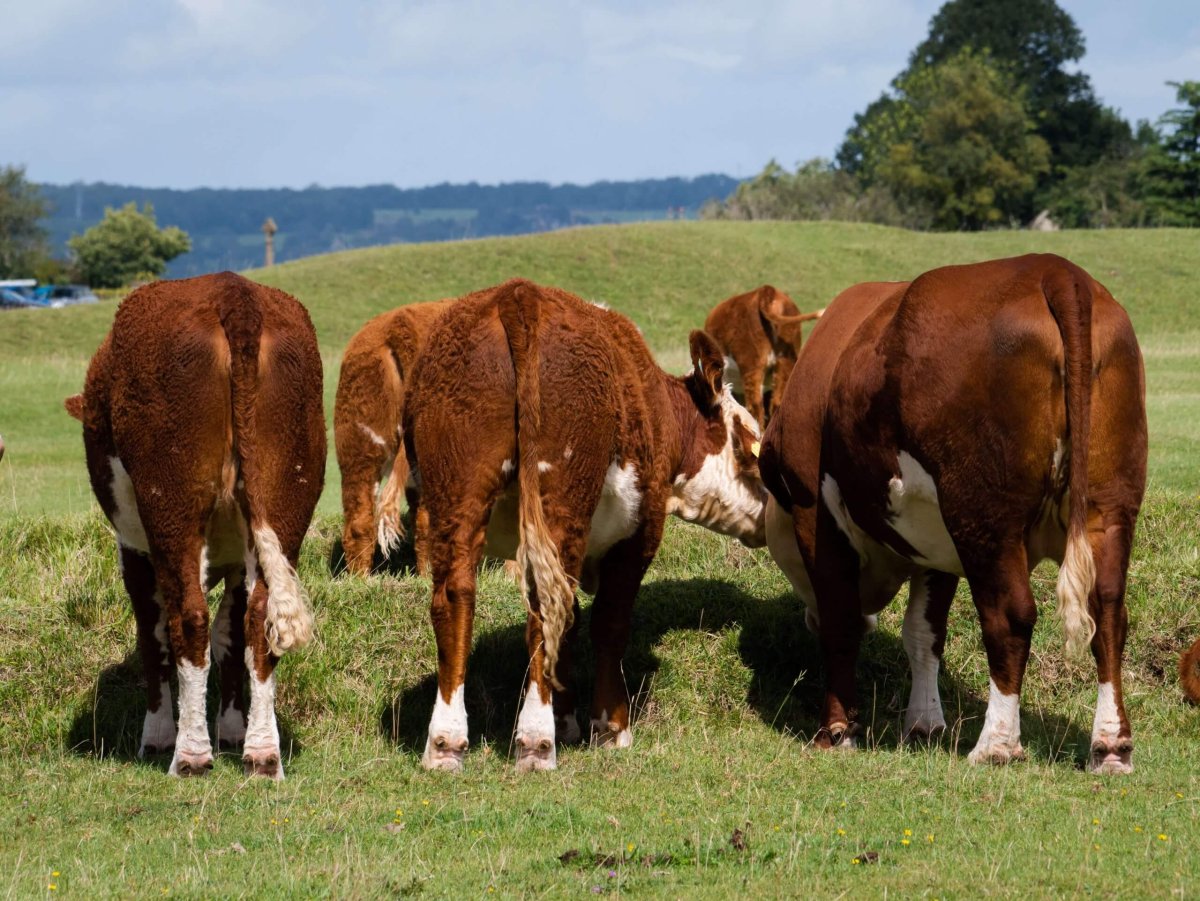Using manure as fertilizer is not new. Commercial farms have done it for ages. But given that most of us home gardeners don’t have the same space or tools as commercial farms, it can feel a little daunting to determine how to use animal manure as fertilizer.
Should you use it fresh? Does it matter which animal it comes from? Is it even safe? These are all excellent questions, and the answers are, well, it depends. There are usually several correct answers when it comes to gardening questions.
Discover 7 top tips for growing, harvesting, and enjoying tomatoes from your home garden—when you access the FREE guide The Best Way to Grow Tomatoes, right now!
What’s so great about manure?
Manure is a fantastic soil amendment. It adds nutrients and micronutrients to the soil. According to the University of Wisconsin-Madison Division of Extension, manure is also a good source of organic matter: “Increasing soil organic matter improves soil structure, increases the water holding capacity of sandy soils, improves drainage in clay soils, provides a source of slow release nutrients, and promotes growth of beneficial soil organisms.”
One thing to note here is that fresh manure, especially chicken manure, is high in ammonia and can burn your plants. There are other issues with raw manure, too. For example, horse manure is infamous for containing weed seeds.
Then there’s the issue of pathogens, such as E. coli. I’m not saying it’s impossible to use, just that I personally am not up for the chance that it could splash up on my lettuce or end up on my beets. And if you do opt to use raw manure, don’t plant any edible crops on that space for four months, so the manure has time to decompose.
How to use animal manure as fertilizer: The good, the bad, the smelly
One of the most frequent concerns regarding how to use animal manure as fertilizer is the smell. Yeah, raw manure can get pretty darn smelly. Composted manure, on the other hand, is relatively odor-free.
Another benefit of composted manure is that you don’t have to worry as much about pathogens or weed seeds. You can, naturally, buy already-composted manure, or you can add fresh manure to your compost pile.
Here’s the catch. I know I like to compost at home, and many other home gardeners do as well.
However, one thing that’s especially challenging is reaching and maintaining an internal compost pile temperature that’s high enough to kill any potential pathogens. Here’s what the University of New Hampshire says about it: “The risk from pathogens is greatly reduced when manure is composted correctly. To ensure that pathogens have been killed, the compost pile must reach a high temperature (between 131 and 140 degrees F) for a sustained period of time (several weeks).”
A compost thermometer is helpful here, so you can figure out the internal temperature. Just remember that it has to reach that temperature and sustain it for at least two weeks. And, of course, you’ll need to turn the compost regularly.
Once your manure is composted, it will still need time to fully break down, just like the rest of your composted material. At that point, you can use it just as you would your regular compost and work it into the soil before you start your garden.
I’ll leave you with a few words of wisdom on how to use animal manure as fertilizer.
There seems to be some debate among academics as to whether aged manure is safe. The argument is that aged manure may still contain pathogens or even weed seeds. I’m not up for taking that kind of risk with my vegetable garden. So aged manure for the flowers? Sure, why not. But I’ll keep it out of the veggies.
Another important thing to mention is that manure typically refers to livestock, such as horses, cows, chickens, and the like. Rabbit waste also makes a great fertilizer. But dogs, cats, and people? That’s a big ole NOPE.
And lastly, always, always, always wash your hands after working with compost, manure, or really anything in the garden. I know you know this, but it makes me feel better to put it in writing.
Do you use manure as fertilizer? What knowledge would you add to this? Please share your thoughts in the comments below.
[affiliate_note]
Discover 7 top tips for growing, harvesting, and enjoying tomatoes from your home garden—when you access the FREE guide The Best Way to Grow Tomatoes, right now!

3 replies on “How to Use Animal Manure as Fertilizer for Food Gardens”
If raw manure is not safe, what composted one to recommend for a raised bed garden? Maureen
Reply to maureen_larson@hotmail.com
Regarding composted manure for a raised bed for vegetables.
Maureen,
If you can find it, “Bovung” cow manure works well. You can also check your local garden center to see what they say. Good Luck!